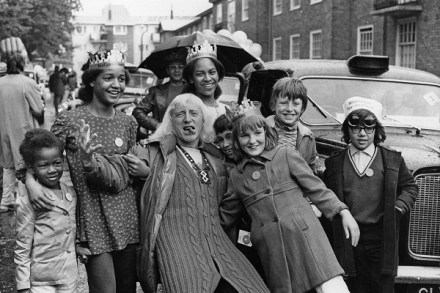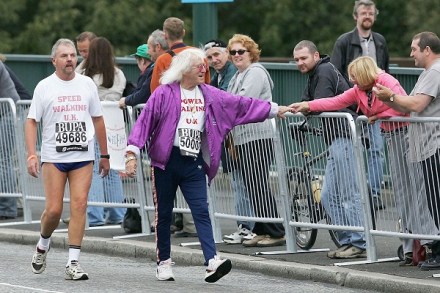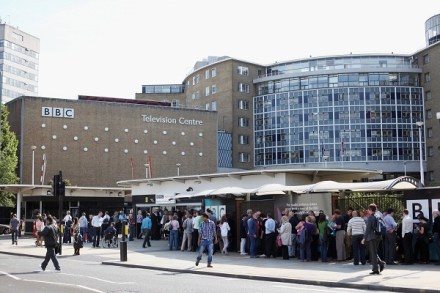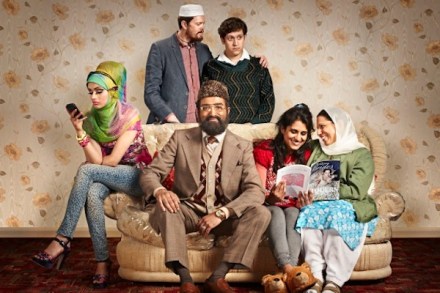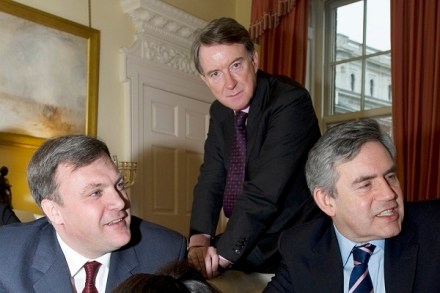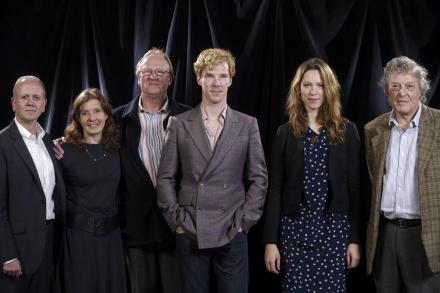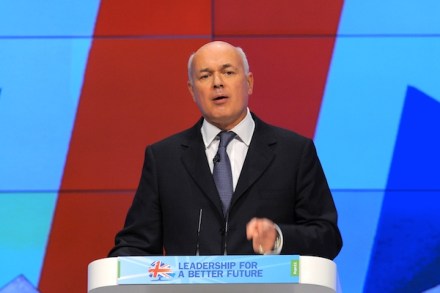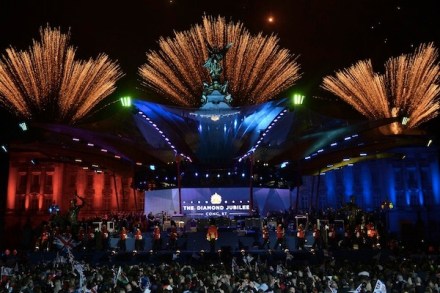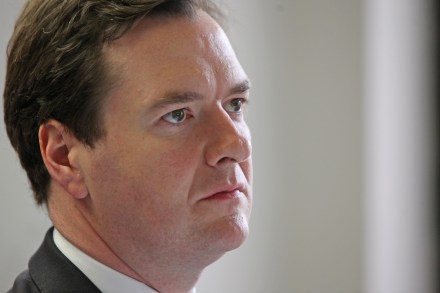The BBC regains its honour
I hope that the entire editorial staffs of the Times, Sunday Times, Sun, Mail, Mail on Sunday, Telegraph and Sunday Telegraph (oh and the Express newspapers if they are still around) along with Alastair Campbell, the Parliamentary Conservative Party and Rupert Murdoch are going to be gracious enough to praise the BBC today. How many other institutions would allow junior staff to carry out a forensic examination of an internal scandal and broadcast it to the world? How many others would allow employees to expose a manager who made a self-serving decision? If you think you could do what Panorama did last night in any other media organisation, ask yourself,
